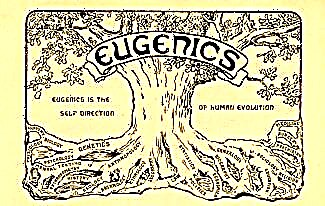What is reflection? This word is often found in the modern lexicon. At the same time, many people confuse this term with other concepts.
In this article we will tell you what is meant by reflection and what it can be.

What does reflection mean
Reflection (lat. reflexio - turning back) is the subject's attention to himself and to his consciousness, in particular, to the products of his own activity, as well as their rethinking.
In simple words, reflection is a skill that allows an individual to concentrate attention and his own thoughts within himself: evaluating actions, making decisions, as well as understanding his feelings, values, emotions, sensations, etc.
According to the thinker Pierre Teilhard de Chardin, reflection is what distinguishes humans from animals, thanks to which the subject can not only know something, but also know about his knowledge.
Such an expression as one's own "I" can serve as a kind of synonym for reflection. That is, when a person is able to comprehend and compare himself with others for compliance with the traditional rules of ethics. Thus, a reflexive person is able to observe himself impartially from the side.
Reflecting means being able to reflect and analyze, thanks to which an individual can find the causes of his mistakes and find a way to eliminate them. It is important to note that in this case, a person thinks rationally, soberly assessing the situation, and not resorting to guesses or fantasies.
In contrast, a subject with a low level of reflection makes the same mistakes every day, from which he himself suffers. He cannot succeed because his reasoning is biased, exaggerated or distant from reality.
Reflection is practiced in a wide variety of areas: philosophy, psychology, society, science, etc. Today there are 3 forms of reflection.
- situational - analysis of what is happening in the present;
- retrospective - assessment of past experience;
- promising - thinking, planning the future.









